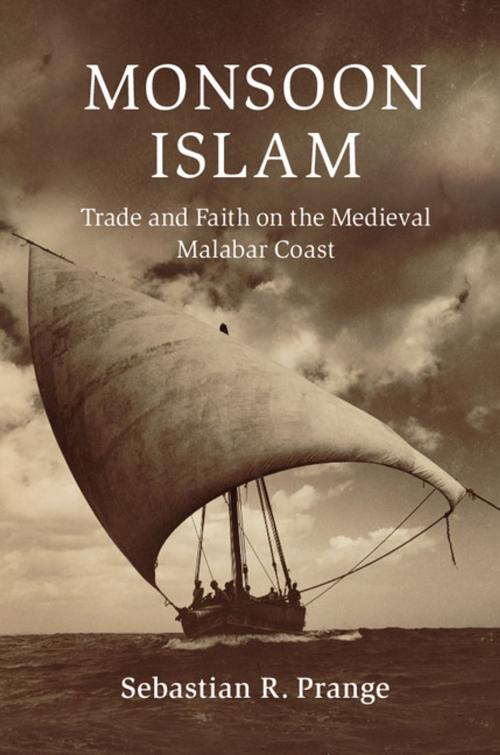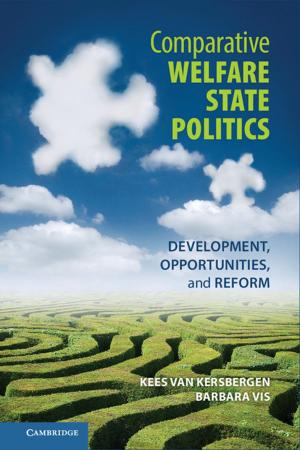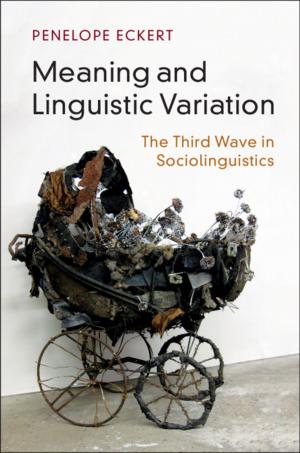| Author: | Sebastian R. Prange | ISBN: | 9781108341479 |
| Publisher: | Cambridge University Press | Publication: | May 3, 2018 |
| Imprint: | Cambridge University Press | Language: | English |
| Author: | Sebastian R. Prange |
| ISBN: | 9781108341479 |
| Publisher: | Cambridge University Press |
| Publication: | May 3, 2018 |
| Imprint: | Cambridge University Press |
| Language: | English |
Between the twelfth and sixteenth centuries, a distinct form of Islamic thought and practice developed among Muslim trading communities of the Indian Ocean. Sebastian R. Prange argues that this 'Monsoon Islam' was shaped by merchants not sultans, forged by commercial imperatives rather than in battle, and defined by the reality of Muslims living within non-Muslim societies. Focusing on India's Malabar Coast, the much-fabled 'land of pepper', Prange provides a case study of how Monsoon Islam developed in response to concrete economic, socio-religious, and political challenges. Because communities of Muslim merchants across the Indian Ocean were part of shared commercial, scholarly, and political networks, developments on the Malabar Coast illustrate a broader, trans-oceanic history of the evolution of Islam across monsoon Asia. This history is told through four spaces that are examined in their physical manifestations as well as symbolic meanings: the Port, the Mosque, the Palace, and the Sea.
Between the twelfth and sixteenth centuries, a distinct form of Islamic thought and practice developed among Muslim trading communities of the Indian Ocean. Sebastian R. Prange argues that this 'Monsoon Islam' was shaped by merchants not sultans, forged by commercial imperatives rather than in battle, and defined by the reality of Muslims living within non-Muslim societies. Focusing on India's Malabar Coast, the much-fabled 'land of pepper', Prange provides a case study of how Monsoon Islam developed in response to concrete economic, socio-religious, and political challenges. Because communities of Muslim merchants across the Indian Ocean were part of shared commercial, scholarly, and political networks, developments on the Malabar Coast illustrate a broader, trans-oceanic history of the evolution of Islam across monsoon Asia. This history is told through four spaces that are examined in their physical manifestations as well as symbolic meanings: the Port, the Mosque, the Palace, and the Sea.















